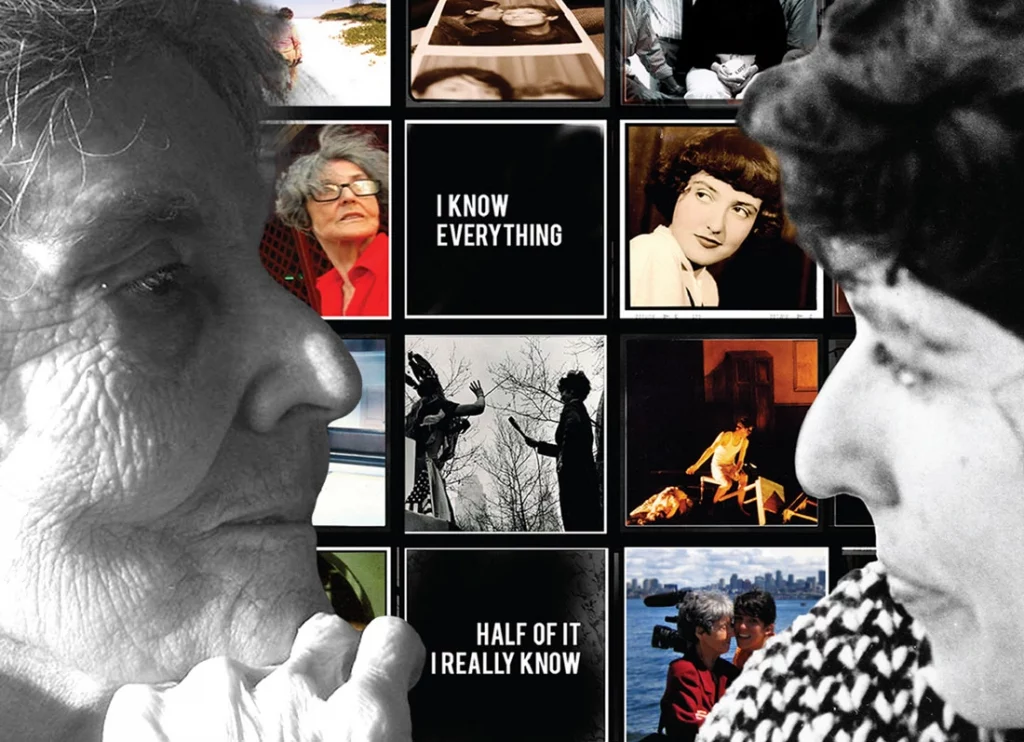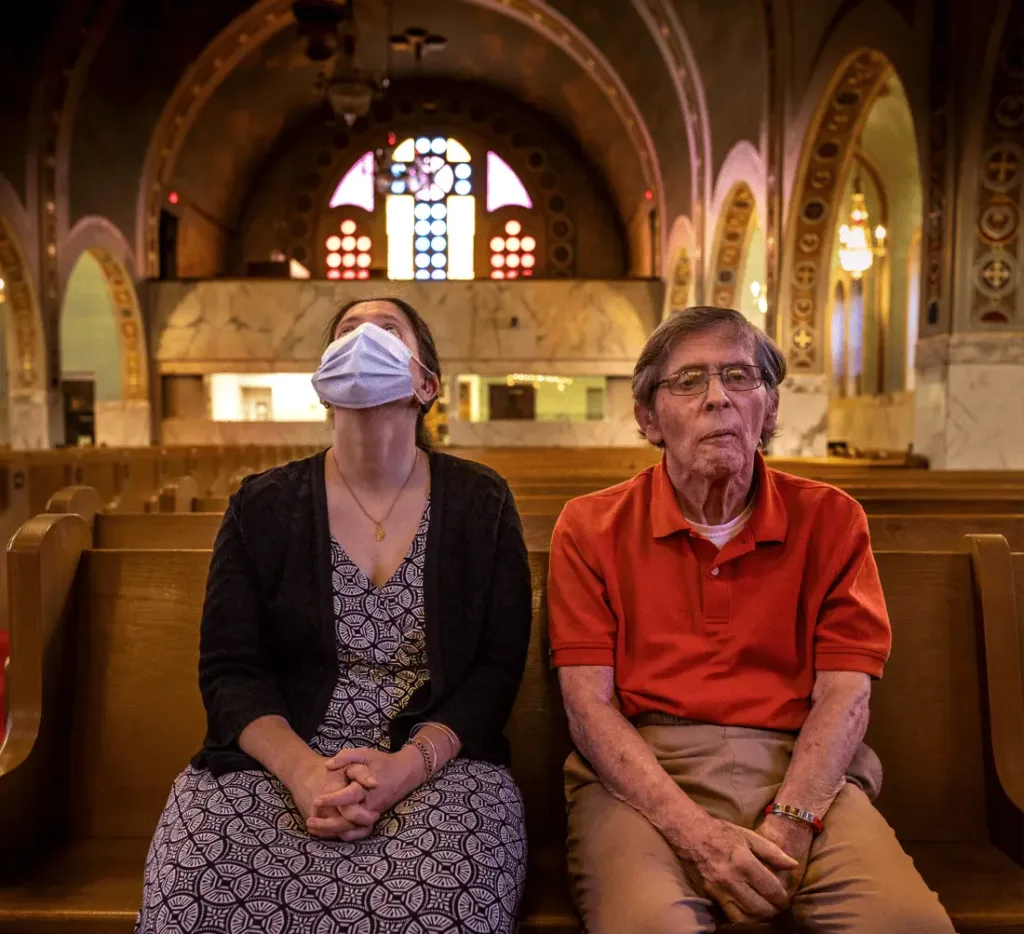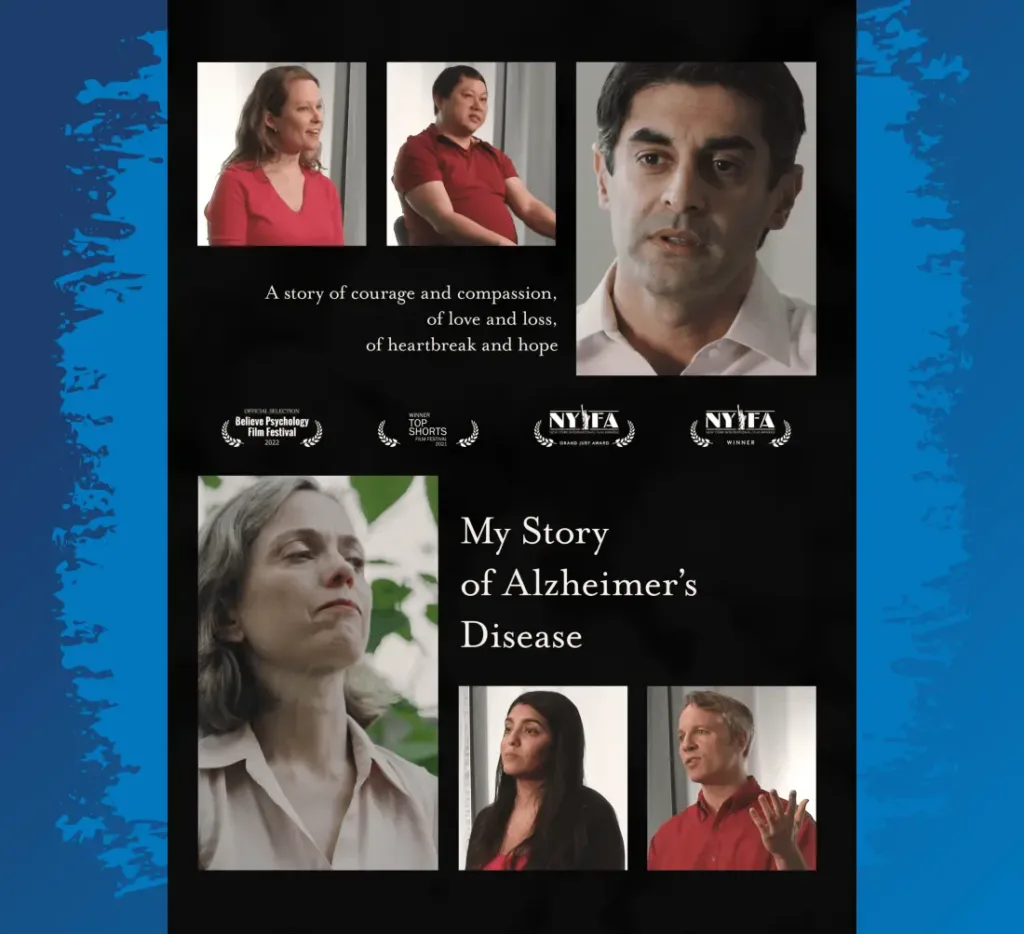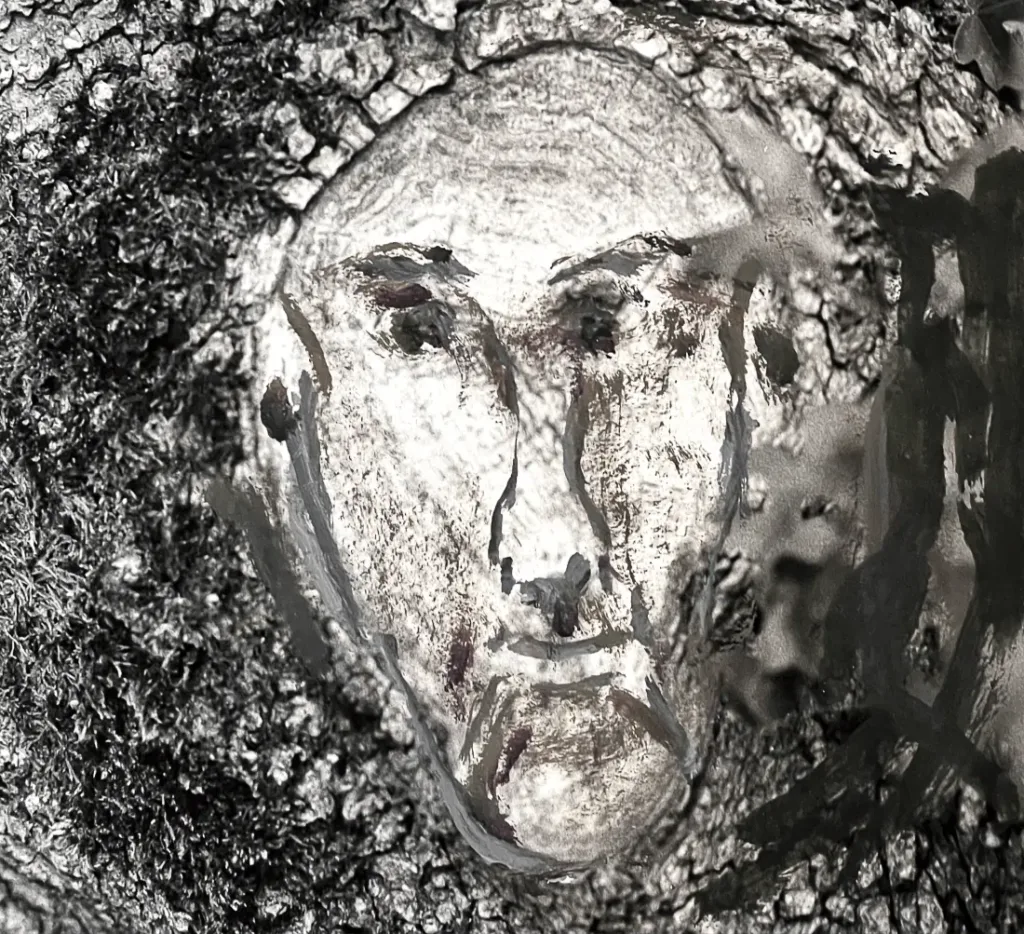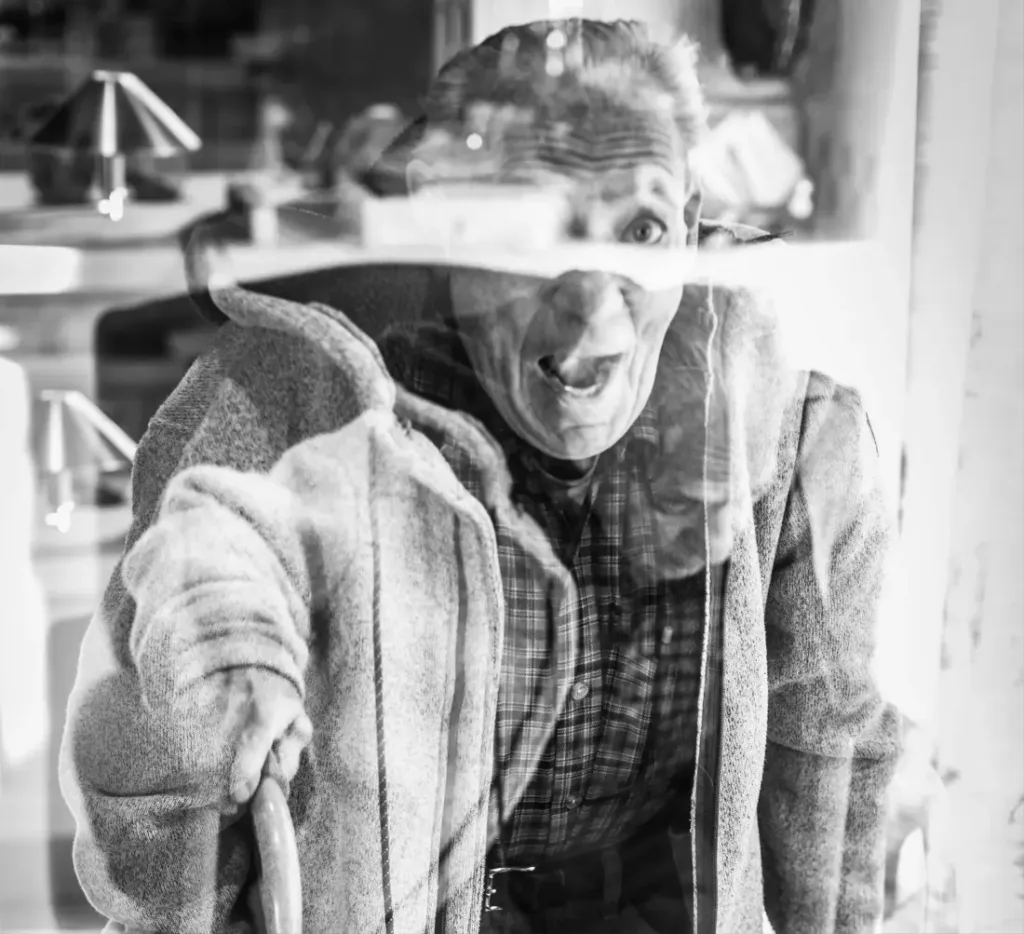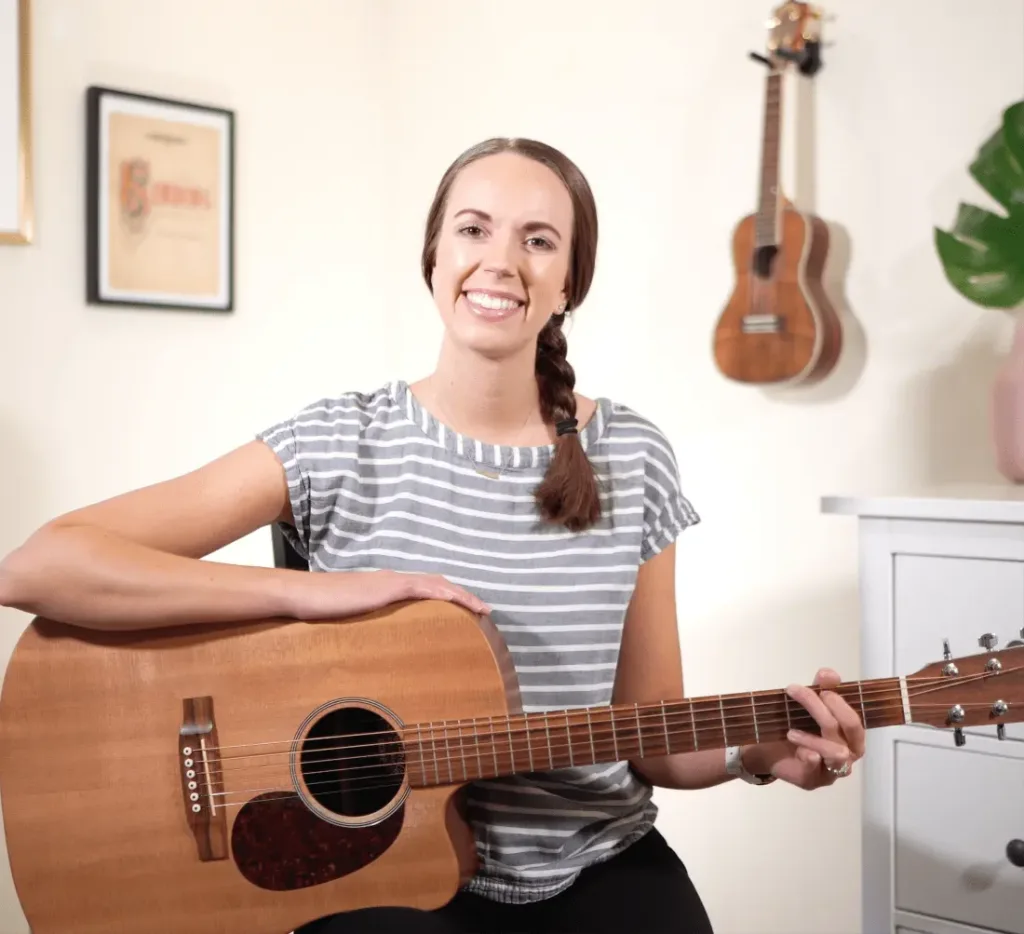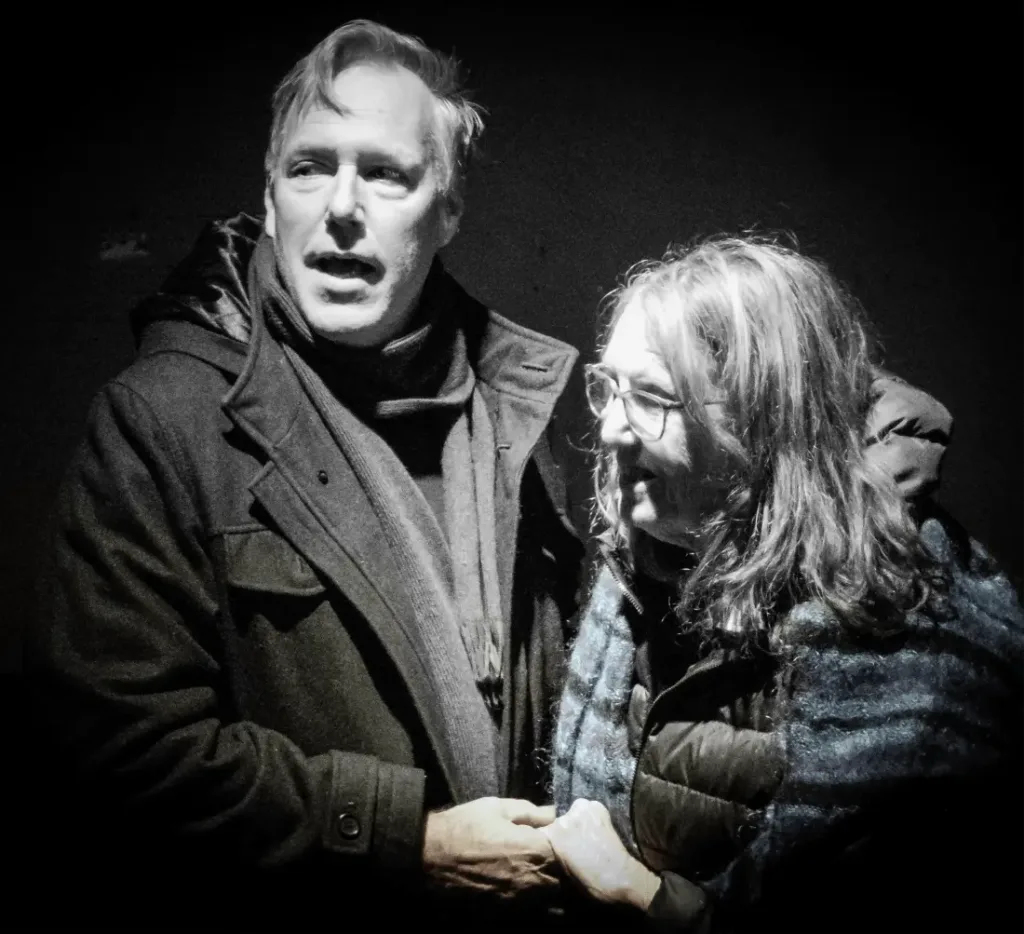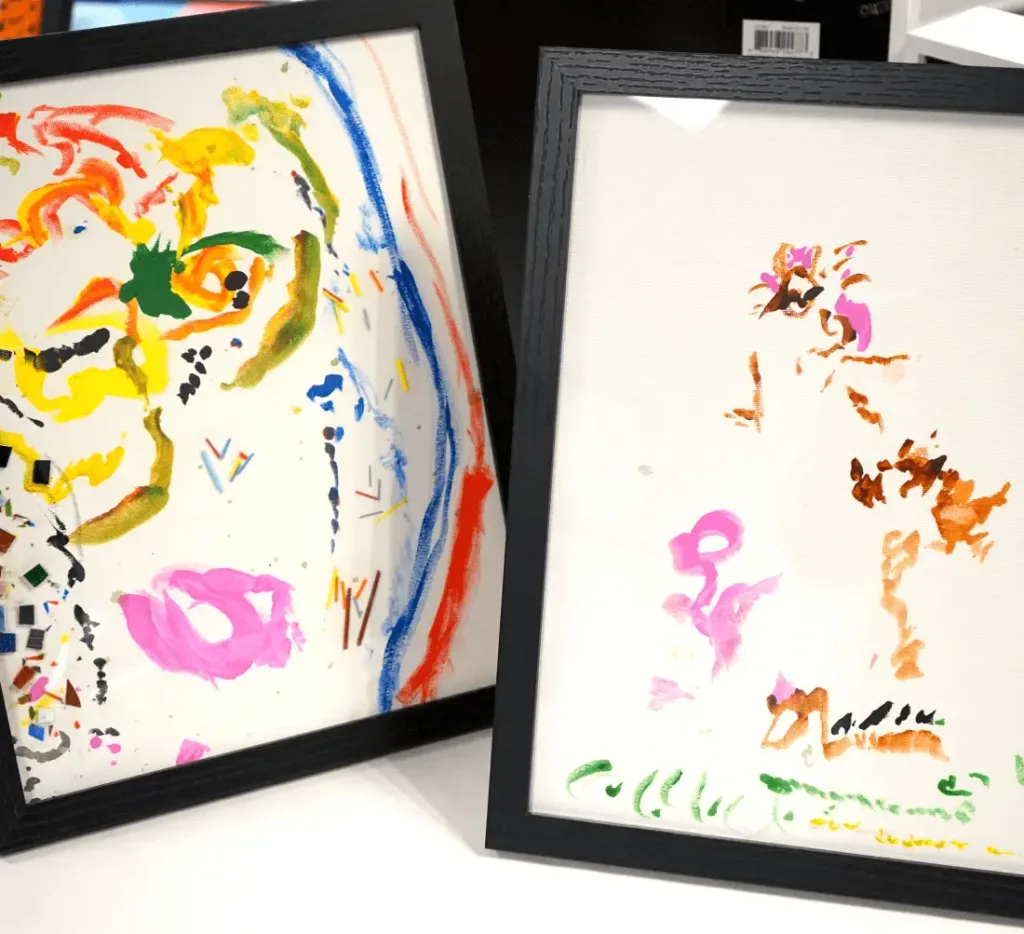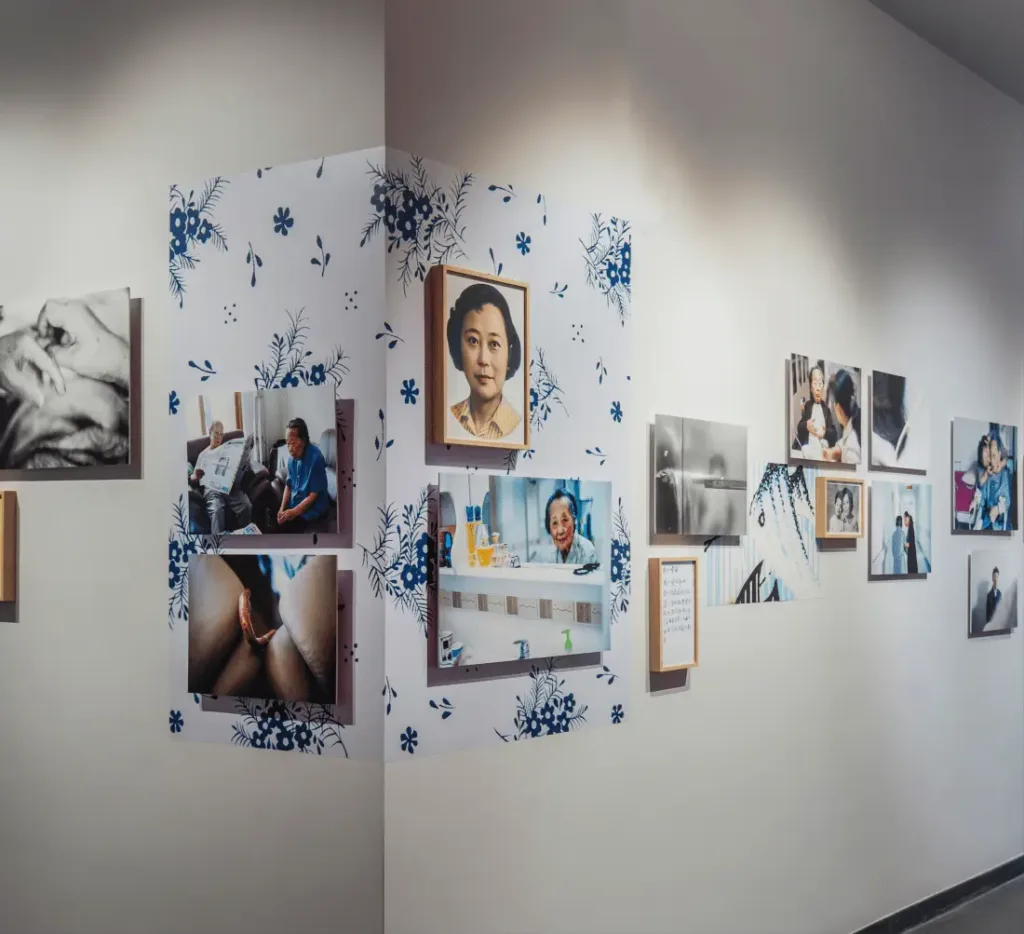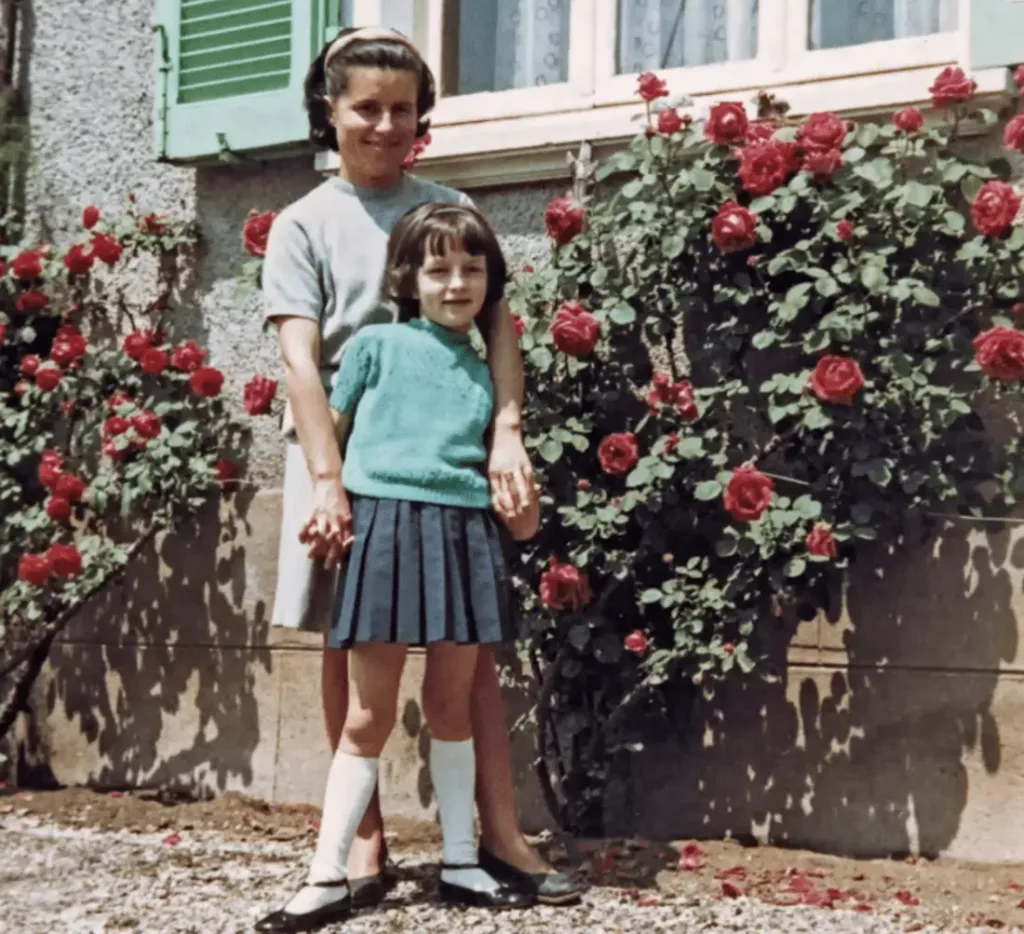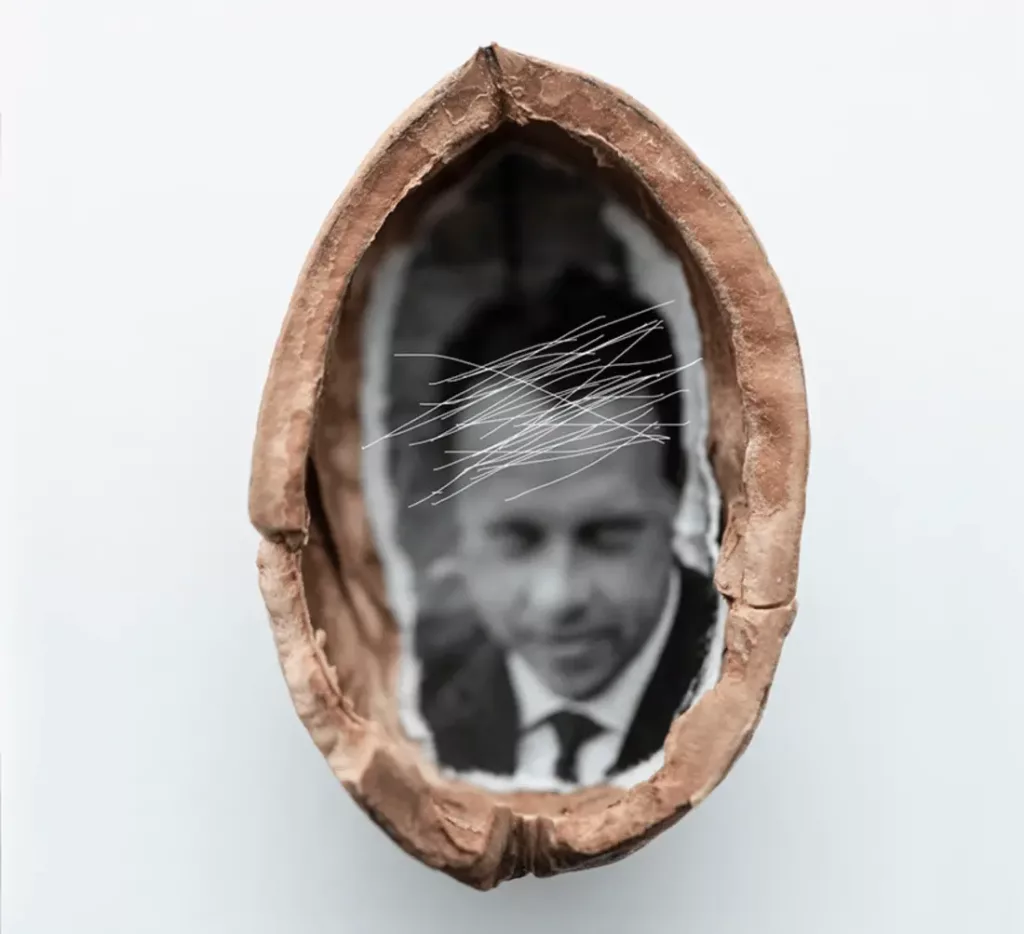Not everyone gets to meet their hero, and fewer become their friend, closest confidant and eventual caregiver. But that’s what happened to journalist Michelle Memran when she looked up María Irene Fornés (1930-2018), Obie award winning avant-garde playwright, author of over 40 plays, and unsung hero of the off-off Broadway movement of the 1960s.
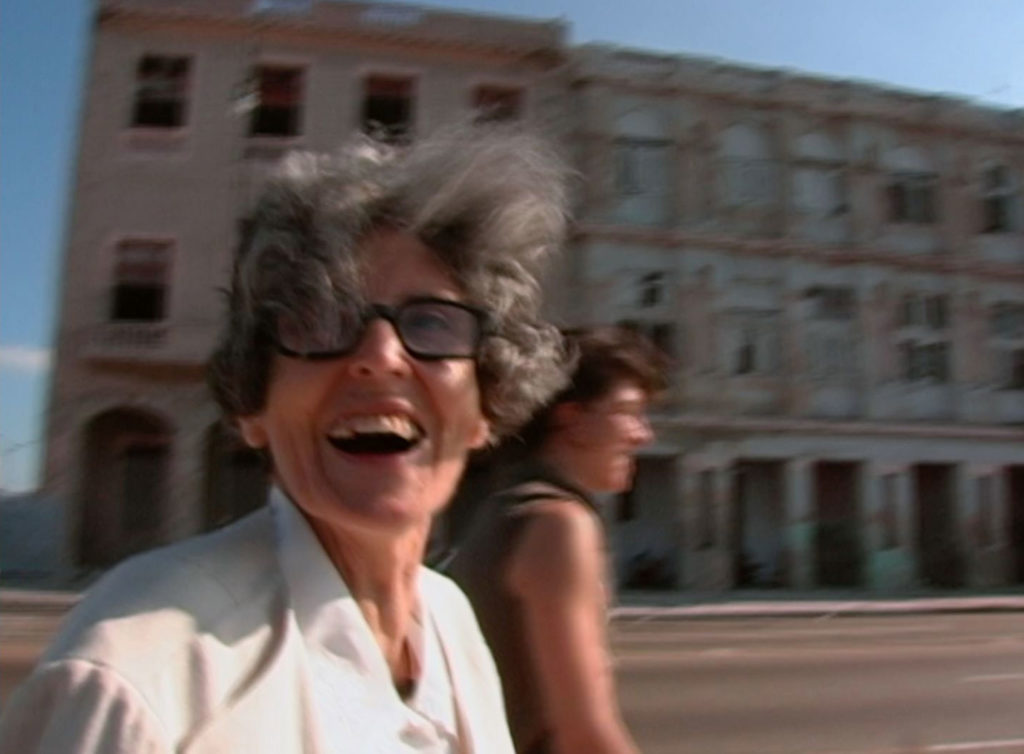
Memran found Fornés listed in the White Pages; she answered the phone and agreed to meet for an interview. When Fornés didn’t show, Memran called her and was invited up to her apartment. What followed was a six-hour lunch, and an enduring friendship that was captured in their collaborative film The Rest I Make Up, which premiered at the Museum of Modern Art in 2018.
Memran saw signs of dementia in Fornés early on: mold in the fridge, a neglected home. Fornés had stopped writing but couldn’t say why. “When we were out and about she was incredibly present, incredibly alive, but the next day she’d completely forget,” says Memran. Alzheimer’s disease was the suspected culprit and confirmed later on at a doctor’s visit captured in the film.
Memran was a writer, not yet a filmmaker, but the camera became the vehicle for their friendship and their collaboration. Fornés loved the camera, “my beloved” she called it. It was as if she was writing again, but without a pen and paper. She gave Memran her consent for the filming and they continued until Irene was no longer responding to or recognizing the camera.
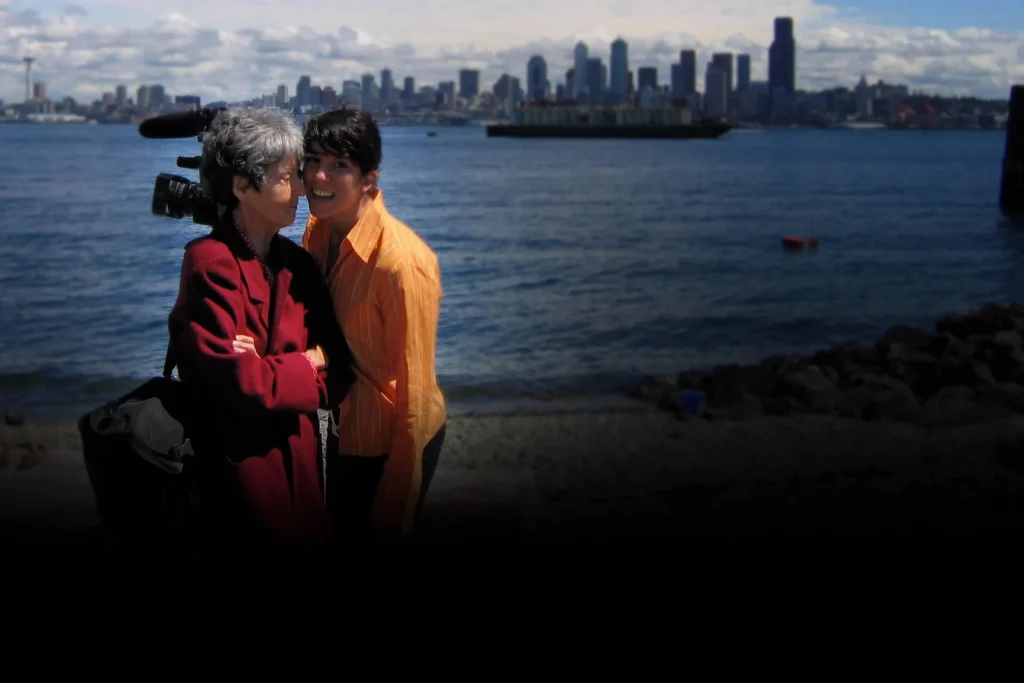
The Rest I Make Up isn’t a traditional story about Alzheimer’s disease. Memran explains, “It’s not a film about dementia, it’s a film about how you can live a creative life, no matter what.”
The pair traveled to Havana and to Seattle, exploring Fornés’ creative past. The camera engaged Fornés’ memories, bringing them into the present in a novel way. “The goal was to take the camera to wherever Irene’s memory was living at the time,” says Memran.
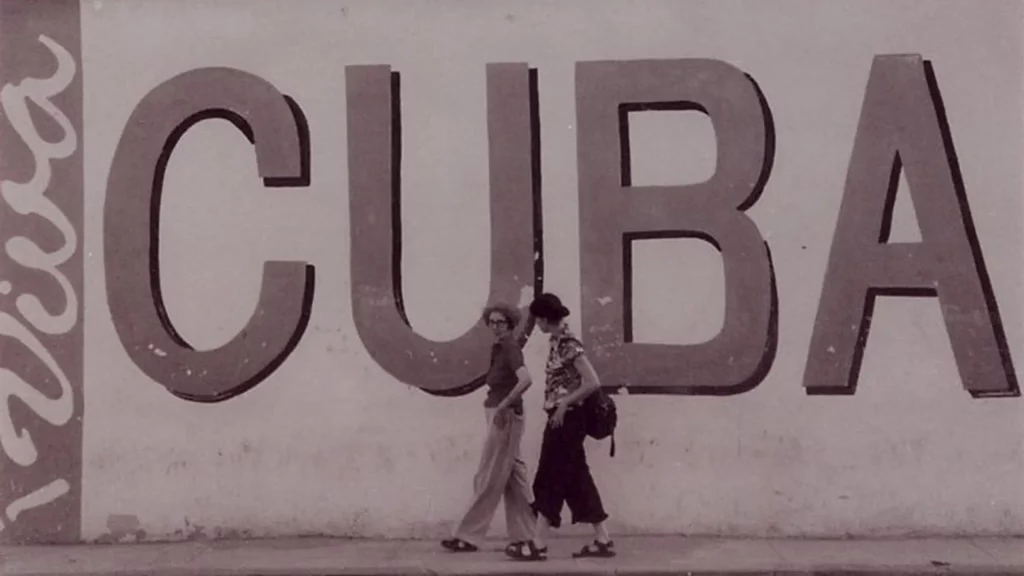
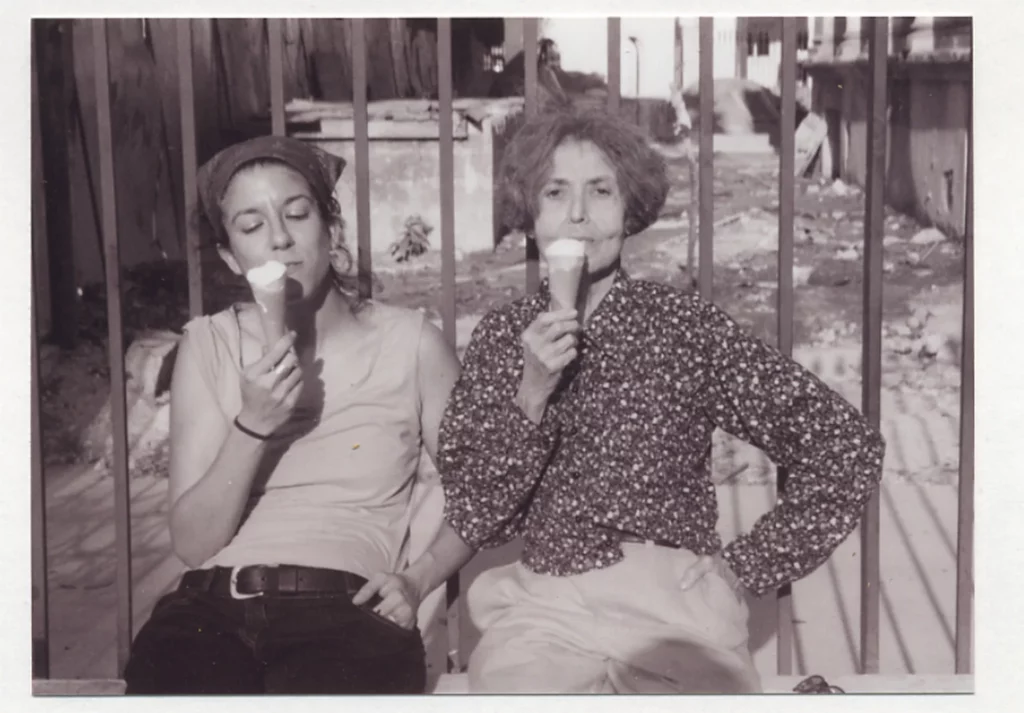
The tragedy narrative is all we get of Alzheimer’s. It propagates an environment of fear and terror. But there are incredibly vibrant, rich lives that we all have, whether or not we have dementia or cancer or mental health issues. How do we live with all the things that being human comes with, and not just focus on the decline?
– Michelle Memran
Filmmaker Michelle Memran and Maria Irene Fornes eat ice cream in Havana, Cuba, 2004
Working with Fornés inspired Memran to continue working on memory related projects, while keeping the focus on joy, laughter and love. Memran’s experiences with Fornés changed her approach to art, her career and her life. She says, “I got a masterclass in what it means to be a creative person in the world.”
The Rest I Make Up can be viewed HERE, and for more information about the film visit www.therestimakeup.com.

